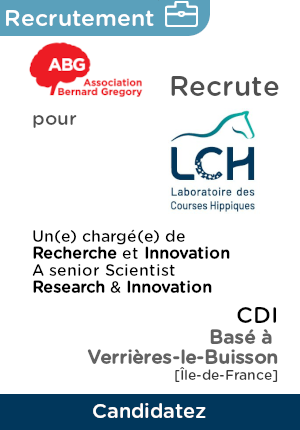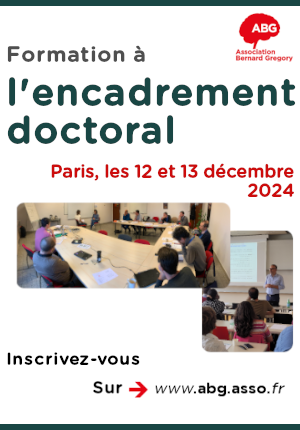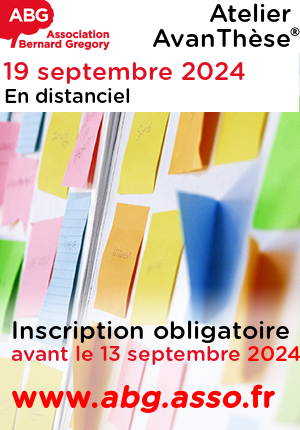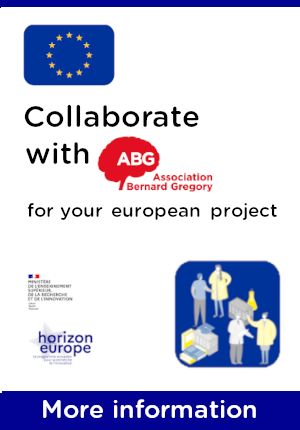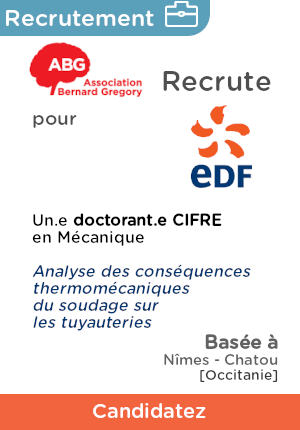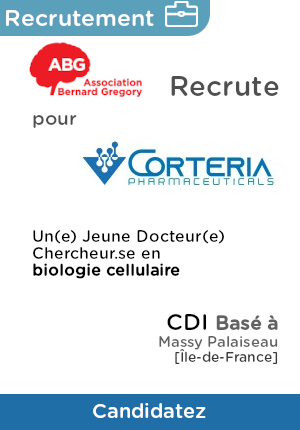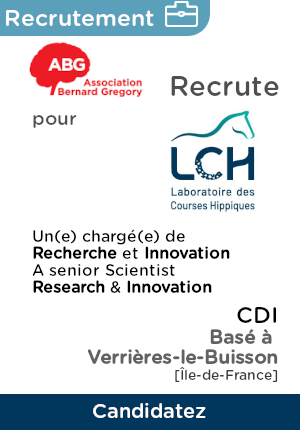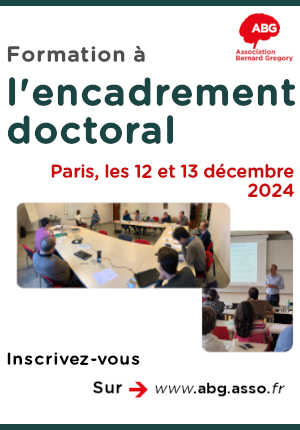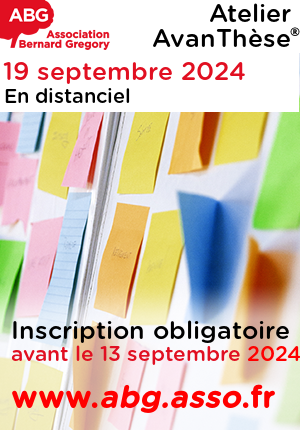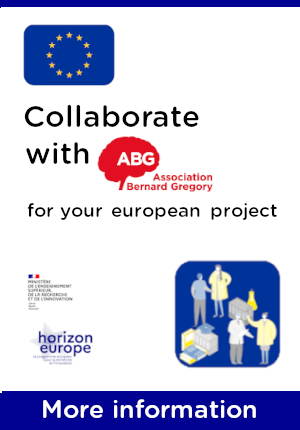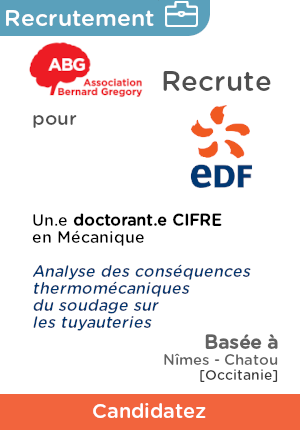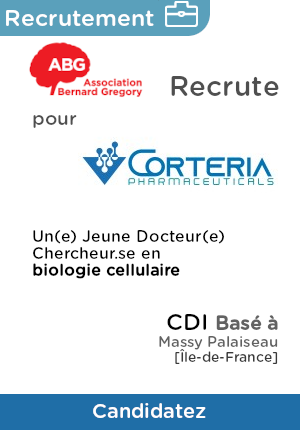PhD on Micro-mobility riders’ behaviour modelling when interacting with pedestrians
| ABG-125041 | Thesis topic | |
| 2024-07-10 | Public/private mixed funding |
- Engineering sciences
- Psychology, neurosciences
- Data science (storage, security, measurement, analysis)
Topic description
Advisors: Silvia Francesca Varotto, Angelo Furno, Marco Dozza
This PhD studentship is part of the SINTONIA project funded by the French National Agency for Research (ANR). The project “Shared urban spaces: modelling INTeractiONs between micro-mobility riders and pedestrIAns (SINTONIA)” is open for two PhD candidate positions and one postdoc position. The PhD students will collaborate with and visit international academic institutions.
Micro-mobility vehicles (MMVs) such as e-bikes and e-scooters replace other means of transport and hold the promise to decrease congestion, noise, and emissions due to car usage. MMVs commonly interact with pedestrians in shared spaces and have complex interaction characteristics due to direction, speed, and mass differences. These interactions are expected to increase, given the uptake of MMVs as transport modes. A clear understanding of how MMVs respond to pedestrians and how pedestrians interact with MMVs is urgent but lacking1. This limited understanding could result in unsafe and inefficient traffic situations. This project represents the first attempt to develop a comprehensive framework that explains the behaviour of MMV riders and pedestrians in shared spaces based on empirical data and traffic psychology theories. The data will be collected in on-road and virtual reality experiments. The conceptual models for MMV rider and pedestrian behaviour will be developed based on theories in traffic psychology and human factors. The mathematical models will be estimated based on the empirical data and implemented into a motion-based simulation platform. The motion-based simulation platform will be used to assess the impact of future scenarios with higher MMV penetration rates on traffic flow efficiency and safety.
PhD position: Micro-mobility riders’ behaviour modelling when interacting with pedestrians
The main objectives of the PhD position are (1) to understand the behaviour of MMV riders when interacting with pedestrians in a pedestrian street and (2) to develop advanced statistical and data-driven models describing the behaviour characteristics of MMV riders interacting with pedestrians. The data will be collected in on-road experiments with MMVs instrumented with sensors (e.g., accelerometer), loggers and video cameras in collaboration with Chalmers University of Technology2,3. A conceptual model for MMV riders interacting with pedestrians will be developed based on psychological constructs4. The mathematical model will be estimated using statistical methods (e.g., choice and regression models) and data-driven methods (e.g., classification and clustering) based on the data collected in the on-road experiments.
References:
1. Zhang, C., Du, B., Zheng, Z. & Shen, J. Space sharing between pedestrians and micro-mobility vehicles: A systematic review. Transportation Research Part D: Transport and Environment 116, 103629 (2023).
2. Dozza, M., Bianchi Piccinini, G. F. & Werneke, J. Using naturalistic data to assess e-cyclist behaviour. Transportation Research Part F: Traffic Psychology and Behaviour 41, 217–226 (2016).
3. Pai, R. R. & Dozza, M. E-Scooters: Transport or leisure? Findings from naturalistic data collection. In ICSC 2023 - International Cycling Safety Conference (The Hague, Netherlands, 2023).
4. Camara, F. et al. Pedestrian Models for Autonomous Driving Part II: High-Level Models of Human Behavior. IEEE Trans. Intell. Transport. Syst. 22, 5453–5472 (2021).
Starting date
Funding category
Funding further details
Presentation of host institution and host laboratory
The Transport and Traffic Engineering Laboratory (LICIT-Eco7, https://licit-lyon.eu ) is a Joint Research Unit under the dual administrative supervision of École nationale des travaux publics de l'État (ENTPE) and Université Gustave Eiffel (UGE). LICIT-Eco7 has a strong track record in traffic flow theory, traffic simulation and control, intelligent transportation systems, urban mobility and data-driven methods.
ENTPE (https://www.entpe.fr/en) offers flexible working hours, catering services, contributions for public transport and sustainable mobility, discounts for health insurance and access to sports facilities.
The PhD student will enrol in the MEGA doctoral school (https://edmega.universite-lyon.fr ). This platform provides a stimulating research environment and support during the PhD.
Website :
PhD title
Country where you obtained your PhD
Institution awarding doctoral degree
Graduate school
Candidate's profile
Educational background: MSc degree in traffic engineering, mechanical engineering, behavioural sciences, computer science, applied mathematics and statistics. Knowledge of traffic modelling and human factors is appreciated.
Skills required: good analytical skills, mathematical modelling, programming (Python, R), good communication skills, open-mindedness, team player, and fluency in English (speaking, reading, and writing).
Vous avez déjà un compte ?
Nouvel utilisateur ?
Get ABG’s monthly newsletters including news, job offers, grants & fellowships and a selection of relevant events…
Discover our members
 MabDesign
MabDesign  ADEME
ADEME  Aérocentre, Pôle d'excellence régional
Aérocentre, Pôle d'excellence régional  Tecknowmetrix
Tecknowmetrix  CESI
CESI  Laboratoire National de Métrologie et d'Essais - LNE
Laboratoire National de Métrologie et d'Essais - LNE  Groupe AFNOR - Association française de normalisation
Groupe AFNOR - Association française de normalisation  PhDOOC
PhDOOC  Nokia Bell Labs France
Nokia Bell Labs France  Ifremer
Ifremer  MabDesign
MabDesign  Institut Sup'biotech de Paris
Institut Sup'biotech de Paris  SUEZ
SUEZ  CASDEN
CASDEN  ANRT
ANRT  ONERA - The French Aerospace Lab
ONERA - The French Aerospace Lab  TotalEnergies
TotalEnergies  Généthon
Généthon  Institut de Radioprotection et de Sureté Nucléaire - IRSN - Siège
Institut de Radioprotection et de Sureté Nucléaire - IRSN - Siège
-
JobPermanentRef. ABG124941Corteria Pharmaceuticals- Ile-de-France - France

Jeune Docteur, Chercheur en Biologie Cellulaire & Moléculaire (H/F)
BiologyAny -
JobPermanentRef. ABG123642Laboratoire des Courses Hippiques (GIE LCH)- Ile-de-France - France
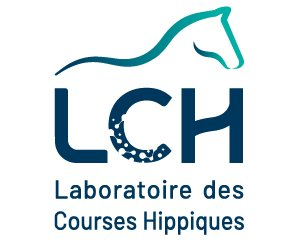
Chargé(e) de Recherche et Innovation (H/F) / Senior Scientist Research & Innovation (M/F)
Chemistry - BiochemistryConfirmed -
JobFixed-termRef. ABG125071KTH- Sweden
ERC-funded postdoc position on the detection of gas-phase organic radicals, KTH, Stockholm, Sweden
Chemistry - Physics - Engineering sciencesAny

